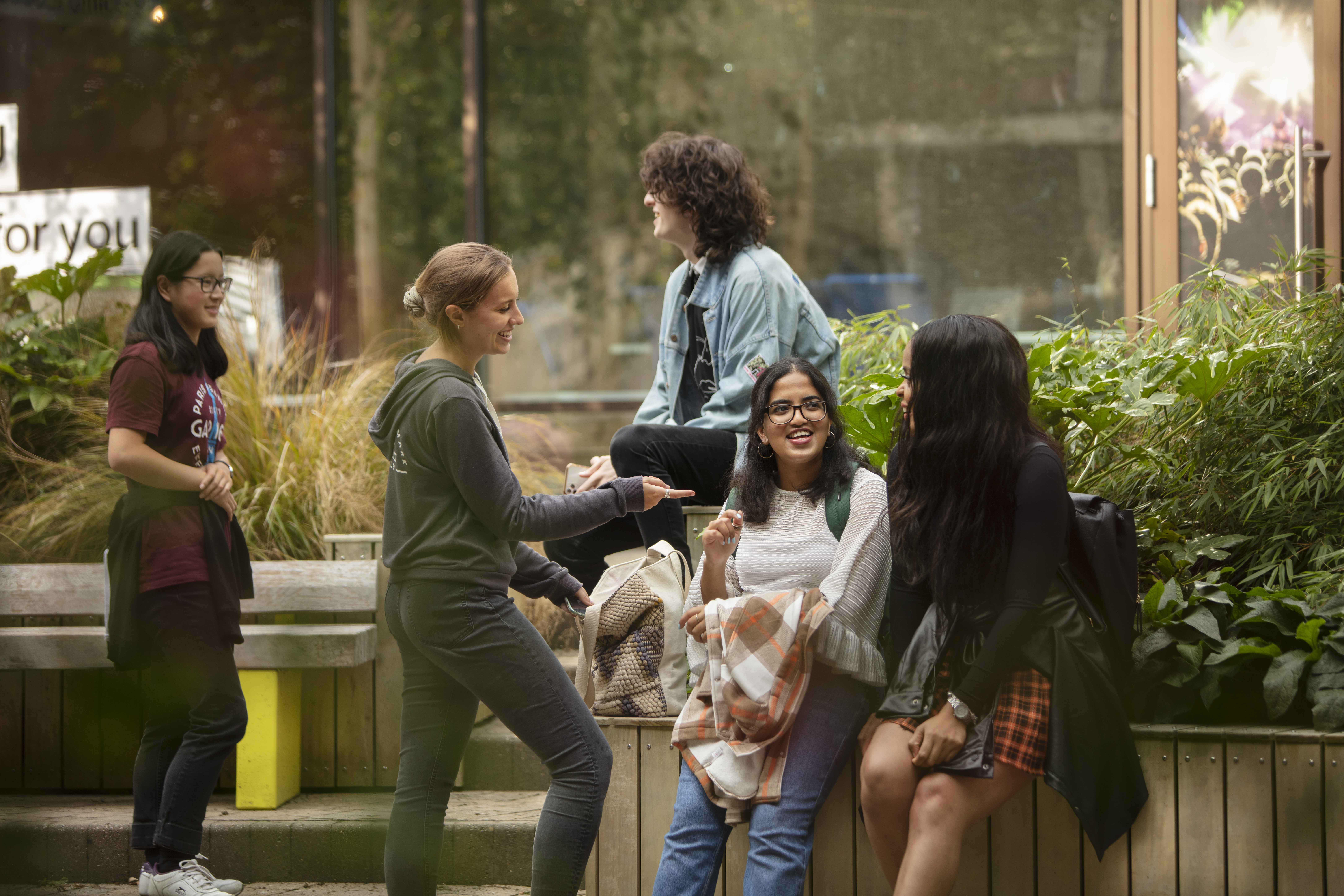Leo Russell has always had a heart for people. His role as a principal clinical psychologist took him places he’d never imagined. A strong passion for adult mental health and a post in Somerset Partnership NHS Foundation Trust in 2011 led him to develop an interest in medically unexplained symptoms. “From the moment I stumbled across intensive short-term dynamic psychotherapy, it revolutionised my work,” he says.
He loves what he does, but waters weren’t always smooth sailing. “The most difficult thing has been watching the gradual decline of the Social Care System and the NHS,” Leo says. “I see the cruelty of this on low socio-economic families every day, causing social problems, psychological distress, and health issues for huge numbers of people.”
Leo is one of the many who graduated from the University of Plymouth and is using his education to make a mark in the world.
Completing his Doctorate in Clinical Psychology here set him on the right path. “The course taught me how to hold a ‘both-and’ position, and the value of integration and research. Crucially, the staff supported me to follow my passions,” he says.
This would take Leo and two colleagues to Uganda in his final year. “We spent five weeks with mental health services in Kampala,” he says. “It was a deeply moving experience for me and has shaped my development significantly.”
What Leo has achieved so far is not an impossible dream. His programme is the next step from the MSc Clinical Psychology offered at the University of Plymouth. Bringing science to life, this programme offers exemplary knowledge that encapsulates mental and behavioural healthcare. Pair hands-on learning with experts in this field, and students are set to be future specialists and experts.

The university provides students with a rich setting to study, work and play. Source: University of Plymouth
Lecturers are registered with numerous professional bodies and specialise in areas that are vital to students’ learning. Take Dr. Alyson Norman who is an associate professor of psychology. She brings expertise in brain injury sure to give students a thorough theoretical understanding in the field. Emeritus Professor Judy Edworthy’s research in applied cognitive psychology of sound and the psychology of music add another layer of depth to the MSc Clinical Psychology.
If you are wondering what you may need to get into this programme, an honours degree will do. The good news is the degree doesn’t have to be in psychology, but for anyone wanting to boost their skills and knowledge in clinical psychology. The 13 core modules are designed to help students master skills and fast-track a career in clinical practice for when they graduate.

The MSc Clinical Psychology will prepare you for your clinical career pathway. Source: University of Plymouth
At the University of Plymouth, students are guaranteed an environment where practice and experimenting are prioritised. This rings true for the MSc Clinical Psychology. Lessons come alive at the EEG Lab as students explore new technologies to create new and interesting experiments while using devices to manipulate objects in virtual space. If you’d like to further understand the human brain, the NeMo Lab is home to a brain investigating technique called Transcranial Magnetic Stimulation, or TMS. Try your hand at delivering painless magnetic pulses to a participant’s brain and see what happens. Want a more relaxed atmosphere to practise? The Psychology Soft Lab aims to be a more comfortable and less stimulating space to test participants. By using a one-way mirror, researchers can observe and monitor participants without being intrusive.
Such features are reason enough to join the MSc Clinical Psychology. But there’s more: Plymouth itself. Known as one of England’s classic ocean cities, the beautiful port city has plenty to offer all year round. Surrounded by natural beauty, its narrow cobbled-streets, art galleries, restaurants and cafes are the perfect place to find a home away from home.
“The campus is situated right in the centre of the city and close to the sea, where there are restaurants and leisure spots,” says Qavitha Buspanathan. She adds she felt very much at home and made new memories with friends. “I would definitely say that every day you study at Plymouth will be the best experience anyone can ever have,” she says.
Support is always provided for students. “I never felt out of place or that I didn’t belong. You will always find people similar to you no matter what your background,” says Asala Zeenelabedeen, a student from Egypt. “The meet and greet service helped me settle in and understand everything I needed to prepare, such as open a bank account and navigate around campus.”
Follow University of Plymouth on Facebook, Twitter, YouTube, Instagram, Pinterest, Snapchat and LinkedIn











